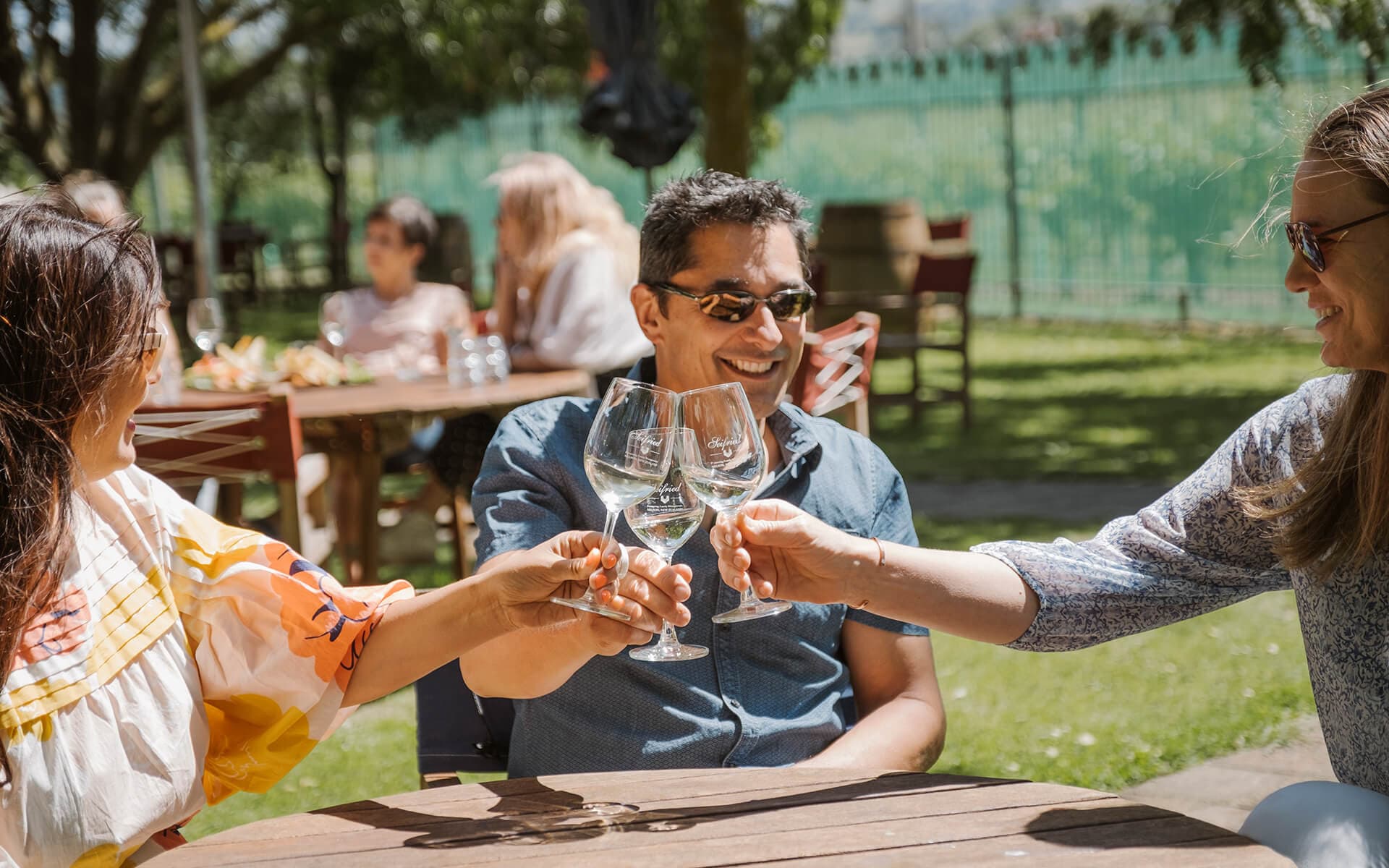

Fall in love with living in Nelson Tasman and to choose to make this place your home. Whether it’s the stable and sun-rich climate, our closeness the great outdoors, or our easy connection to the wider world, there’s so much going for Nelson Tasman.
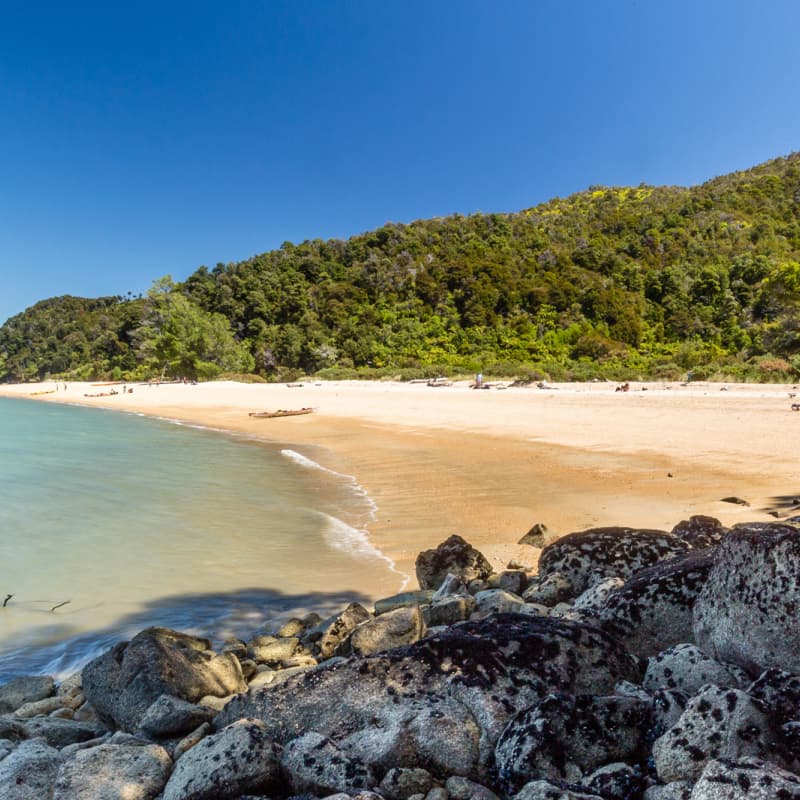
We’re a sunny spot. Nelson Tasman consistently tops or comes close to receiving the most sunshine hours of any region in the country. That great weather means our locals get to enjoy more of the things they love to do.
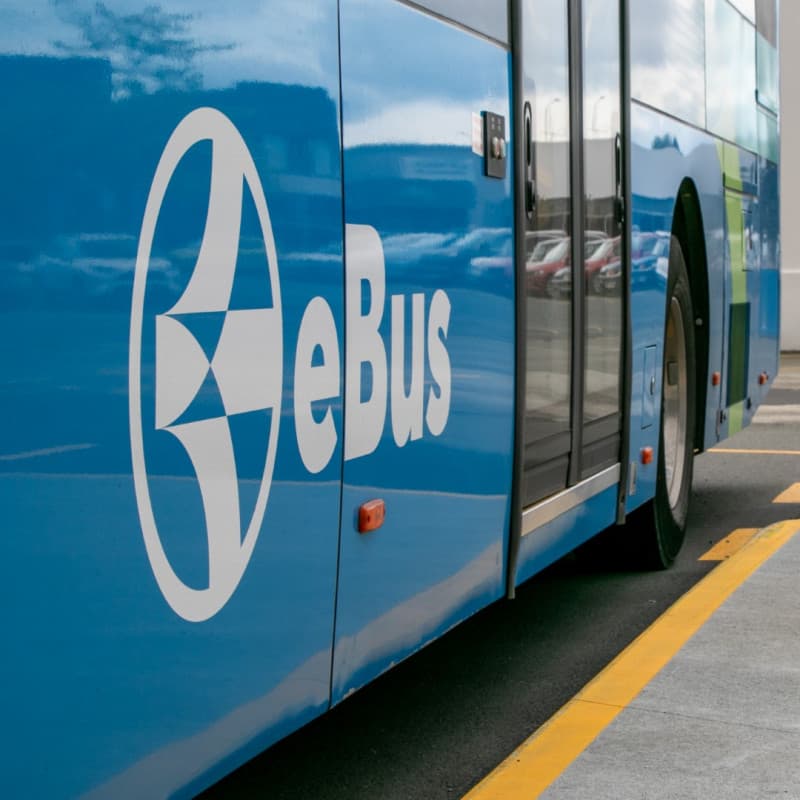
As a big region full of small places, you can say goodbye to big city traffic woes. Plus our towns are easier to navigate using ‘Active’ Transport options – like walking, biking, a revamped public e-bus system and more.
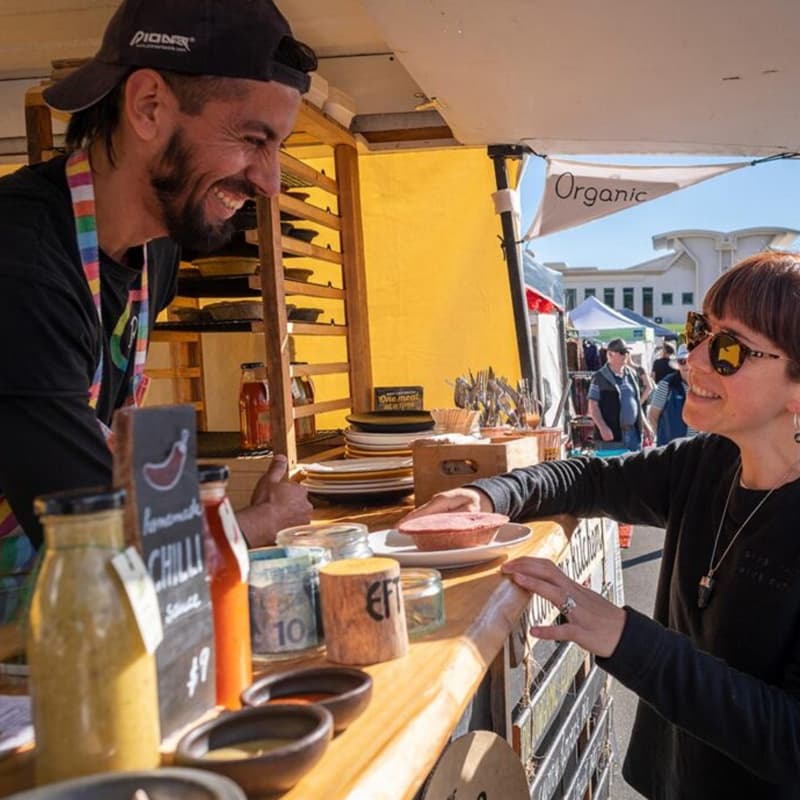
Nelson Tasman is famous for welcoming visitors and new residents to our city, towns and suburbs. From the eight iwi of Te Tau Ihu to past and recent internationals, people have always found a home here. With one in five residents born overseas, there are 48 different cultures living throughout the region.
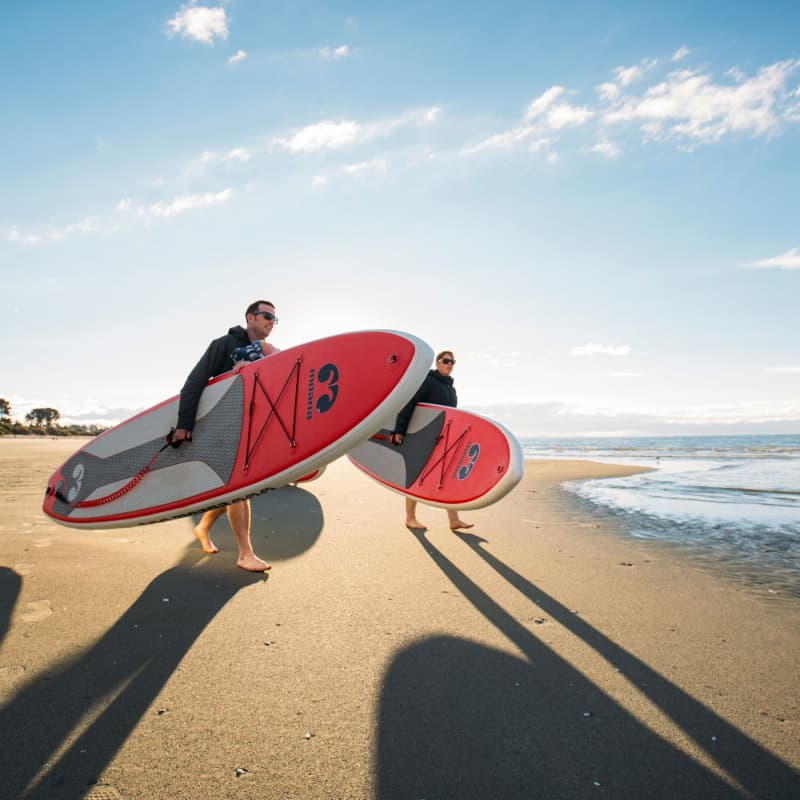
Whether you’re out walking any one of hundreds of easy and not-so-easy trails, racing around our Gold-rated Mountain-bike tracks, or simply walking the dog on the back beach, Nelson Tasman is the place to get out there and active.

With over 80 ECE options and 50+ primary and secondary schools spread across our region, we are well served by teachers providing excellent education outcomes for our tamariki.
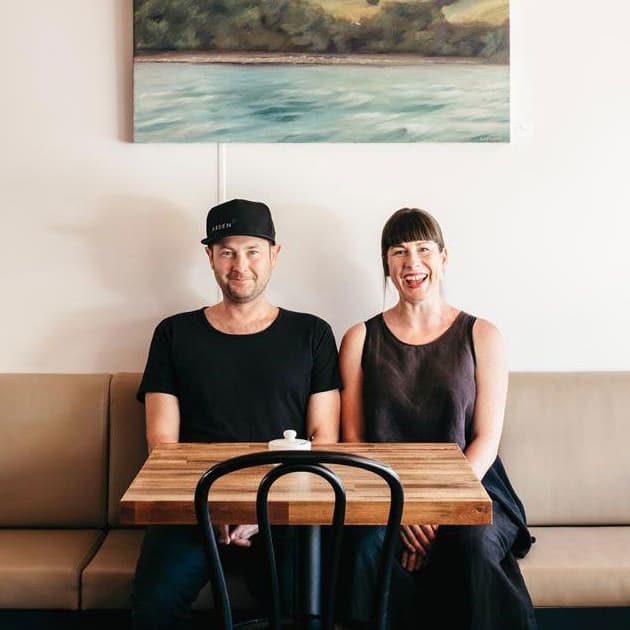
Nelson Tasman is a busy place – full of social, economic and cultural activity. Every place in our region has it’s own vibe, with communities expressing themselves in different ways through social gatherings, events, groups and activities.

As a collection of smaller towns and villages, it’s easy to become involved in community groups and organisations. Whether is sports clubs, hobby groups, or community support and care collectives, meeting like-minded people who share your interests is a no problem at all.
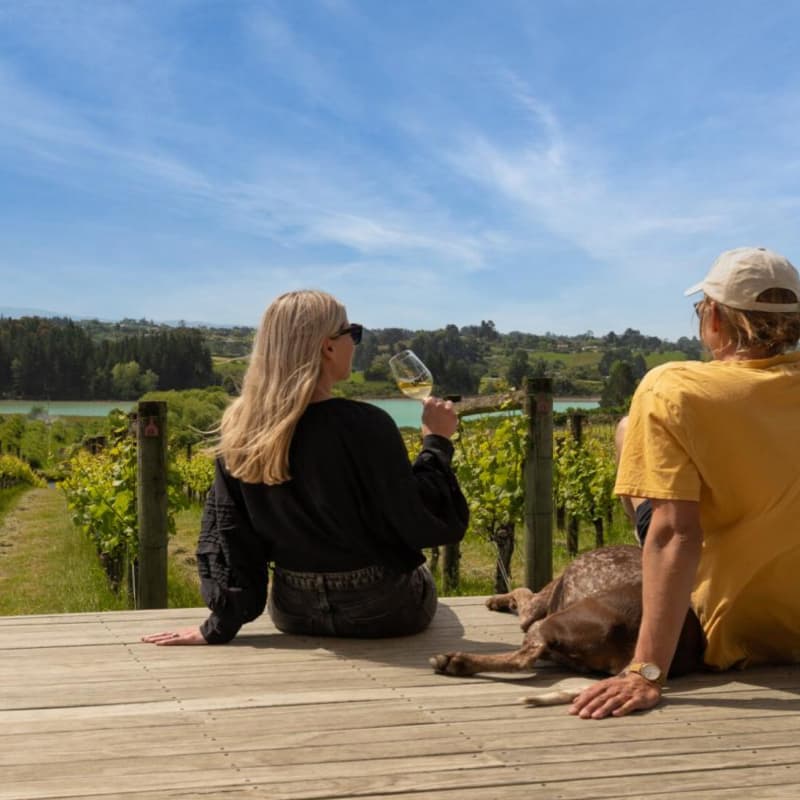
With three National Parks, a long coastline full of beaches and bays, kilometres of public track and trails, alongside plentiful green spaces you are never far from your nature fix.

With the busiest airport outside our main cities, Nelson Tasman is a great region to reach out to the world. 30mins to Wellington, 1 hour to Christchurch and 1.5 hours to Auckland – nowhere is far away. That’s another advantage of being located right in the middle of the country.